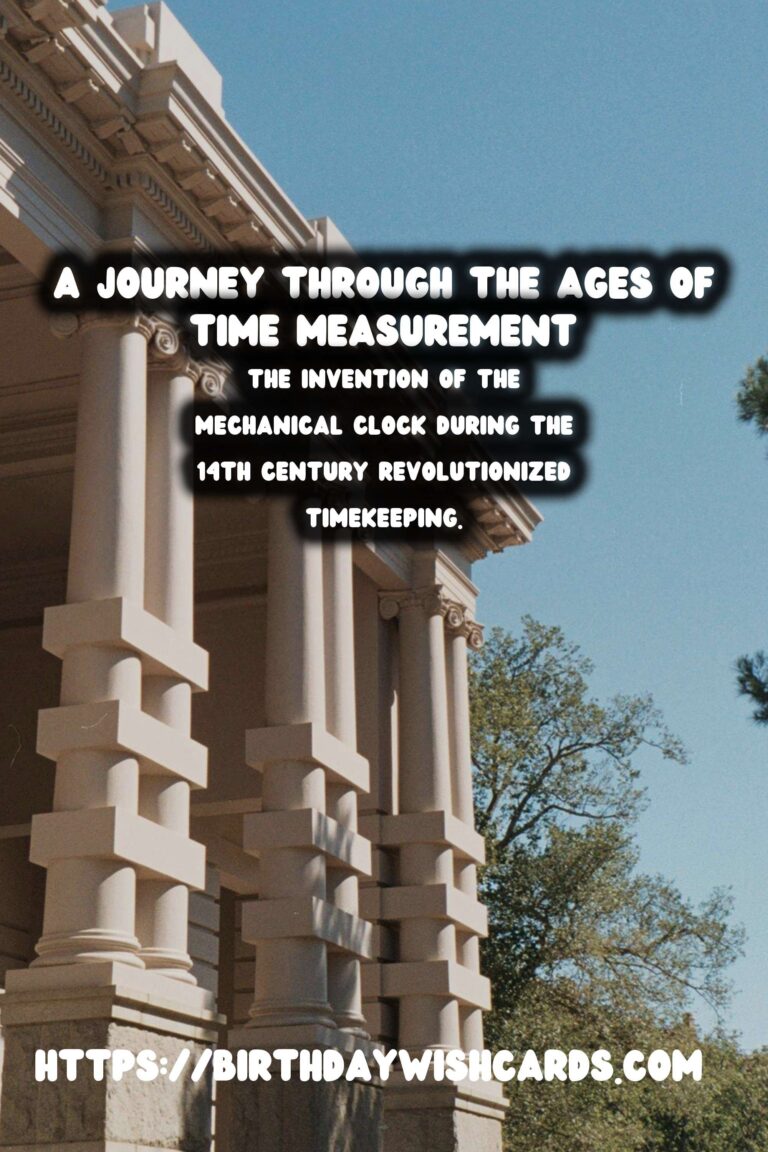
Time is an enigma that has captivated human thought for centuries. Its omnipresence affects every aspect of life, yet defining or fully understanding it remains complex.
Origins of Time Measurement
Early civilizations, such as the Egyptians and Babylonians, developed rudimentary methods to measure time, primarily using sundials and shadow clocks, demonstrating the first reliance on celestial bodies for temporal guidance.
The advancement to water and candle clocks in ancient China and the Middle East marked a significant evolution. These devices paved the way for the intricate mechanical clocks developed during the Middle Ages in Europe.
The Advent of Modern Timekeeping
The invention of the mechanical clock during the 14th century revolutionized timekeeping. It was further refined through the centuries, leading to the creation of the pendulum clock by Christiaan Huygens in 1656, which drastically improved accuracy.
The 20th century saw the advent of atomic clocks, which utilize oscillations of atoms to measure time with unparalleled precision, allowing for the definition of the modern second.
Philosophical Implications of Time
Philosophically, time has posed questions about existence, reality, and human perception. Debates by philosophers like Aristotle, Augustine, and Kant have explored whether time is a construct of human consciousness or an objective reality.
In contemporary discussion, theoretical physics introduces new paradigms, with theories suggesting time may not be linear or even a fundamental component of reality, challenging classical perspectives.
The Role of Time in Society
The synchronization provided by timekeeping has become integral to human society. From economic systems to daily schedules, precise time measurement governs modern life.
Time’s role in technology and science continues to evolve, influencing everything from global positioning systems to internet infrastructures, fundamentally shaping how individuals and societies function.
Conclusion
In conclusion, while the measurement of time has advanced from ancient sundials to atomic clocks, the philosophical implications continue to spark debate. The question of what time truly is remains an open inquiry, central to human experience and understanding of the universe.
Time is an enigma that has captivated human thought for centuries. The invention of the mechanical clock during the 14th century revolutionized timekeeping. 
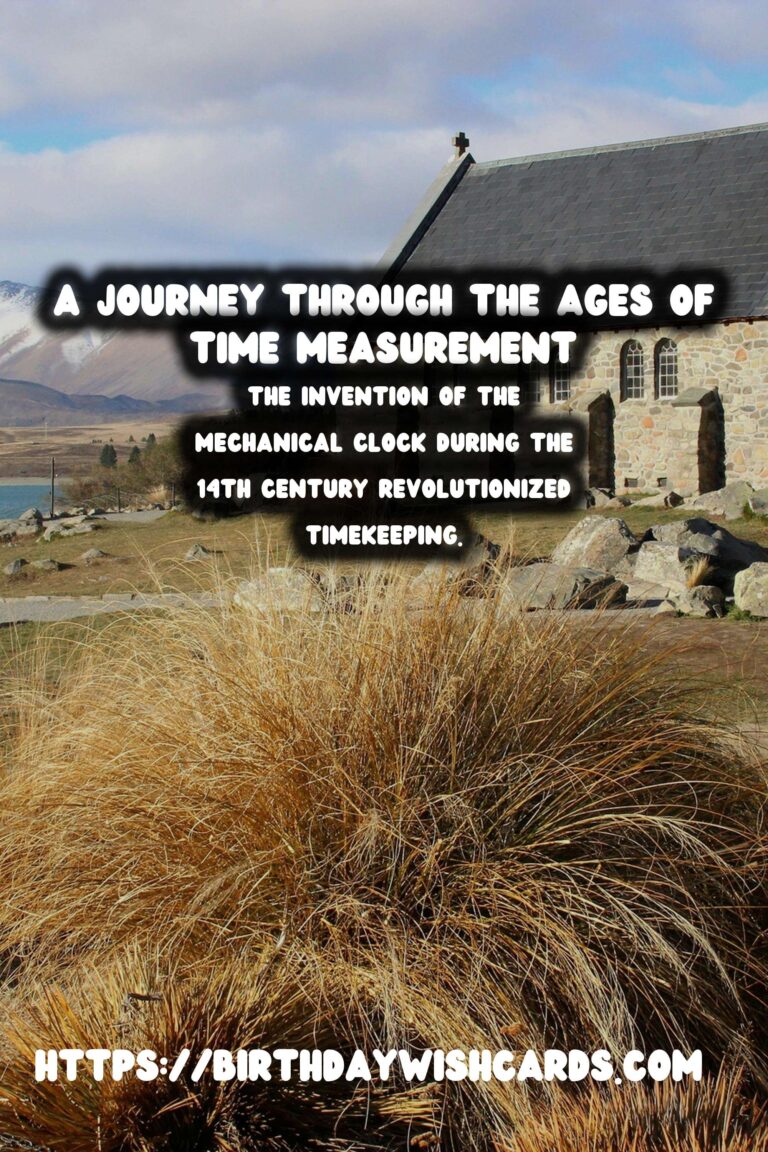
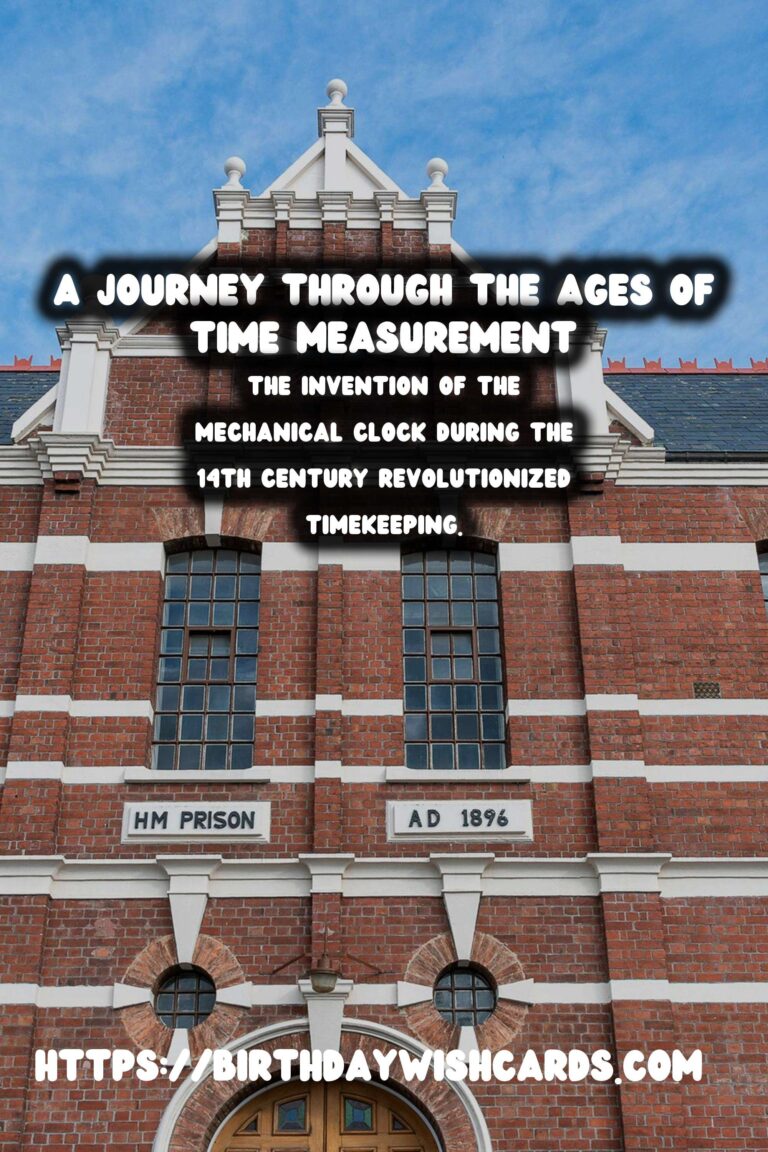
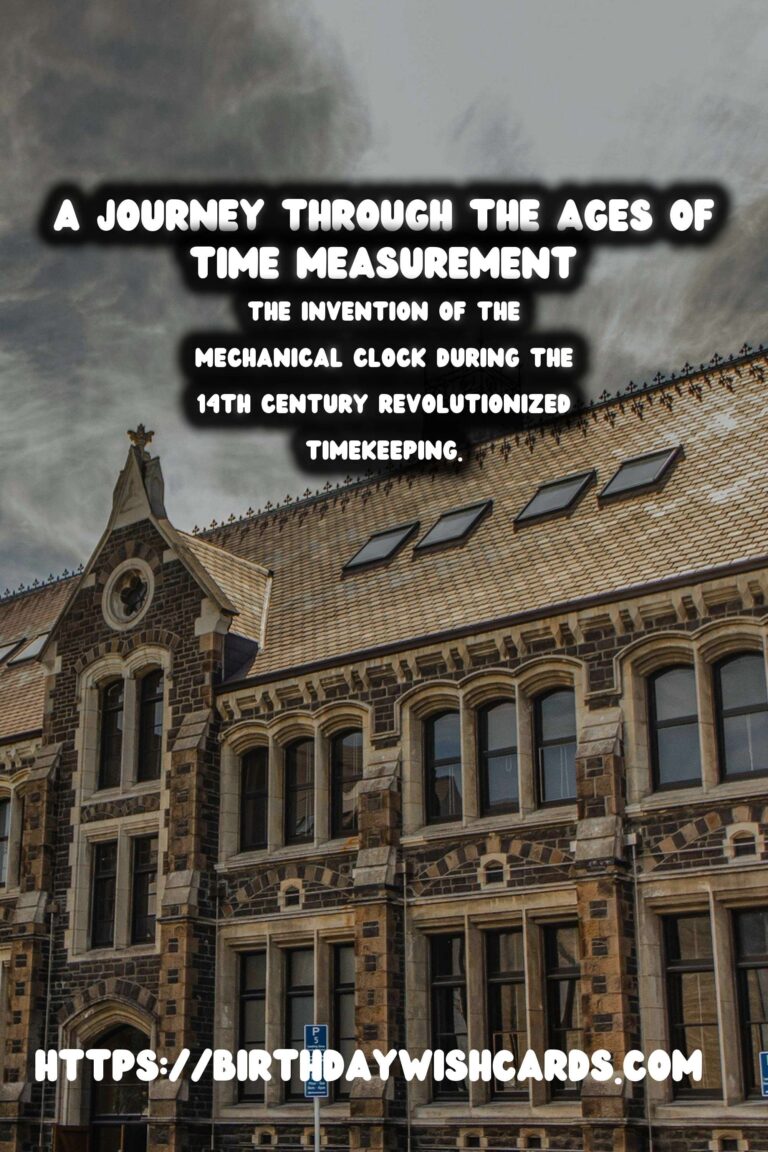
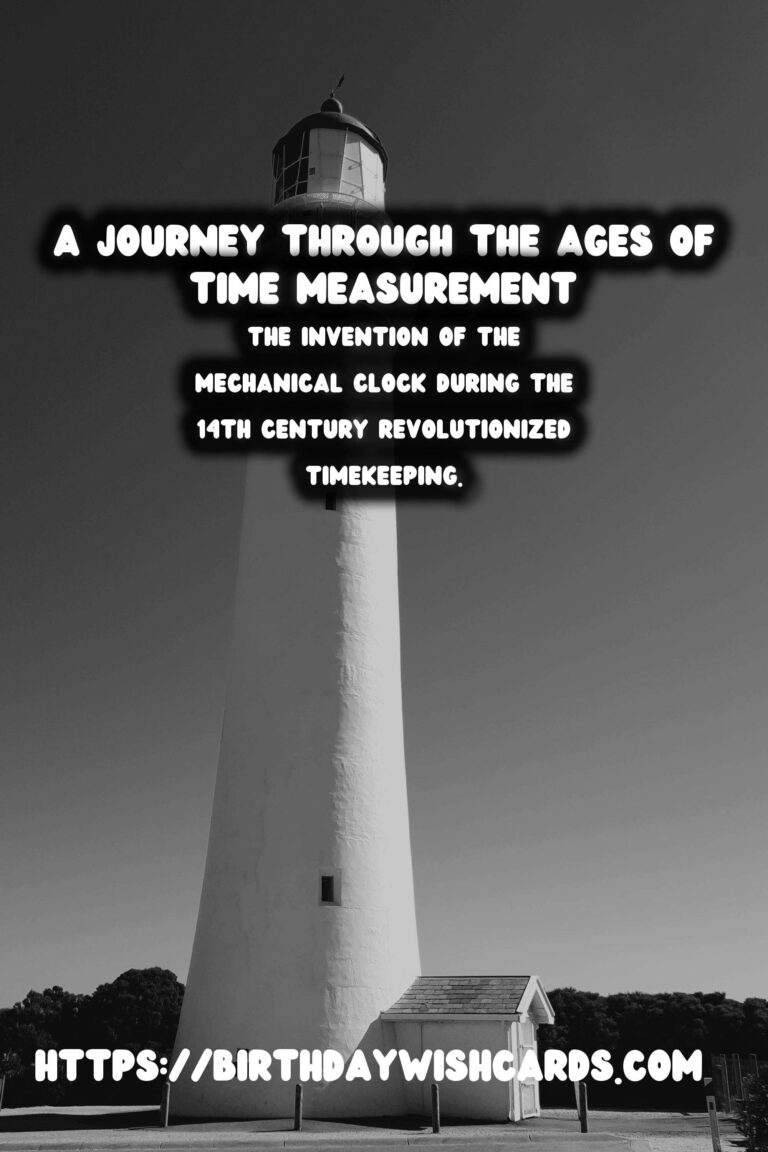
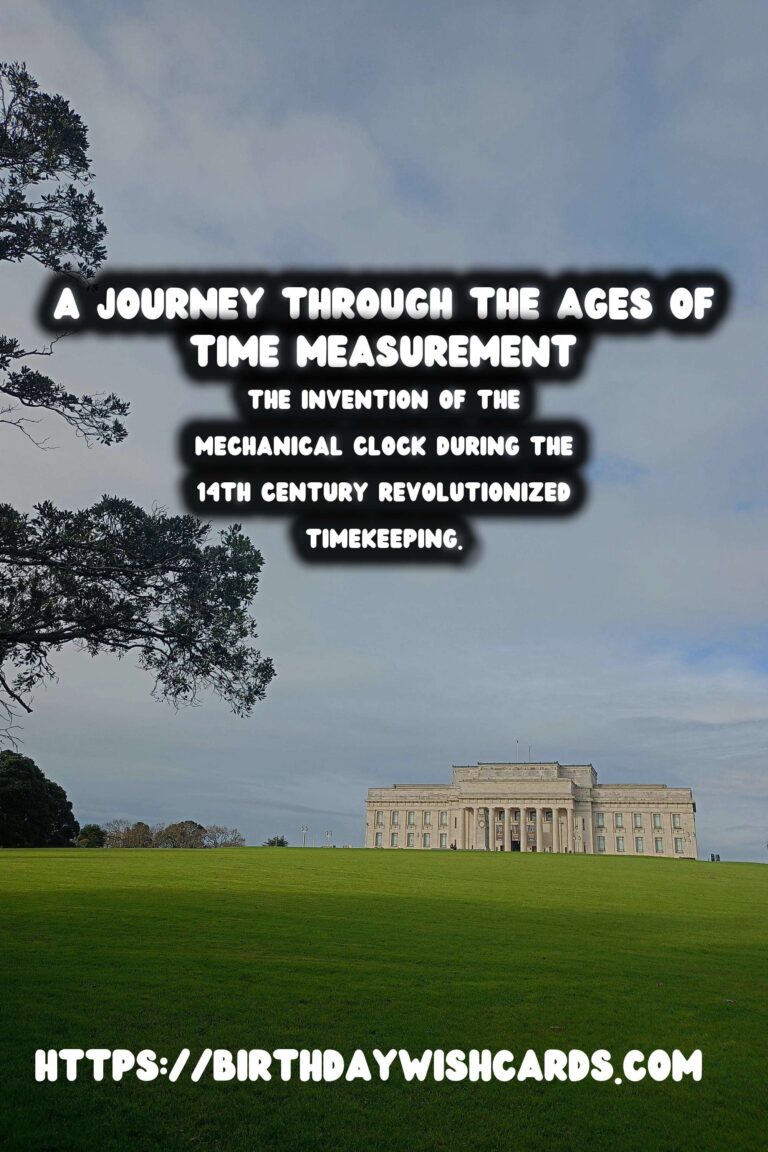
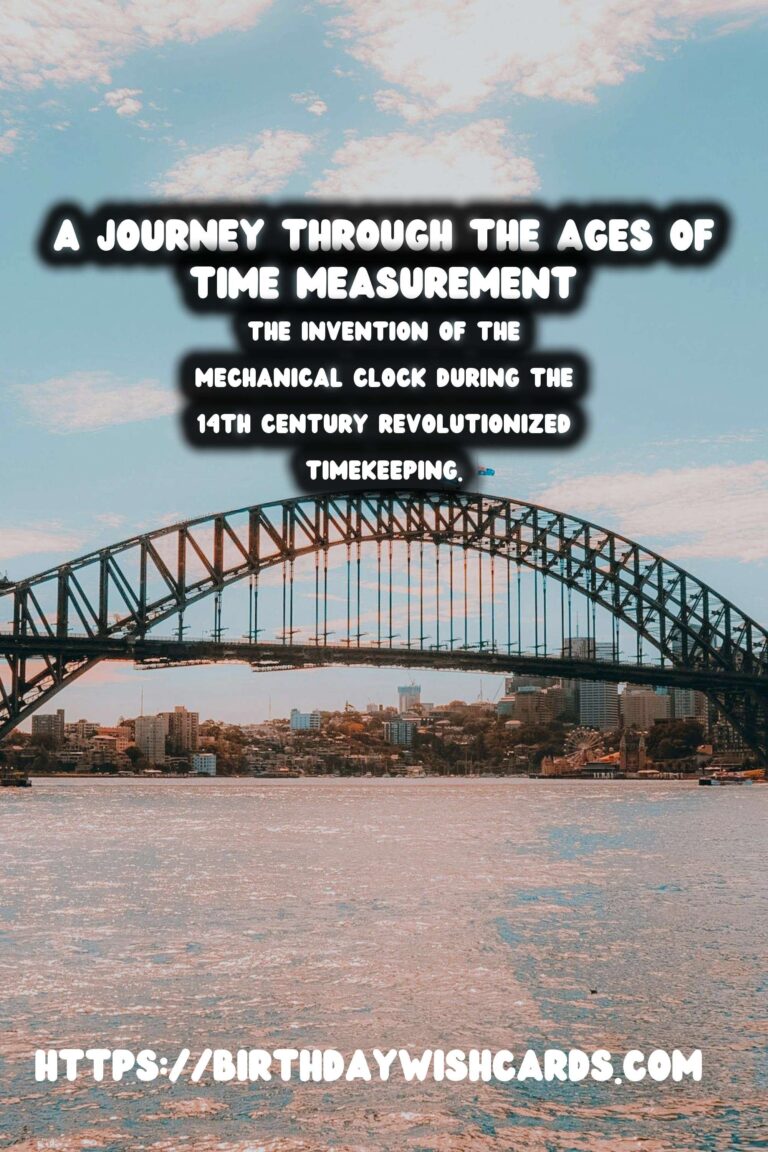
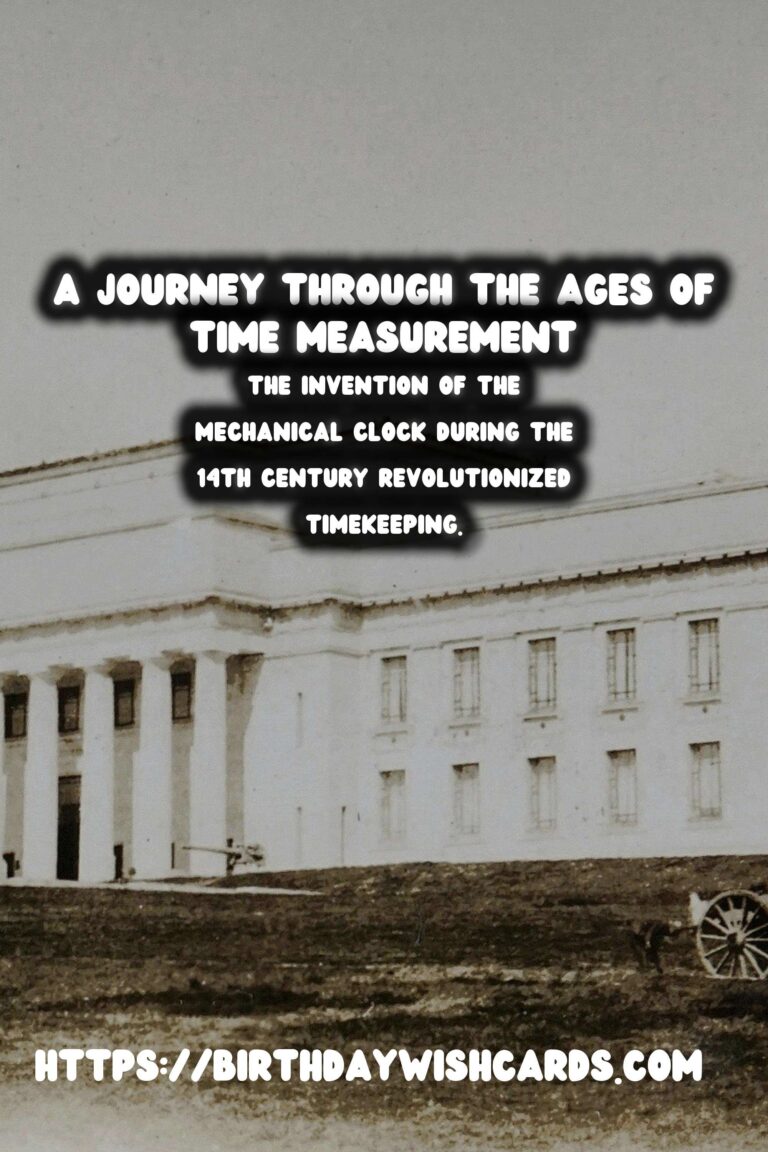
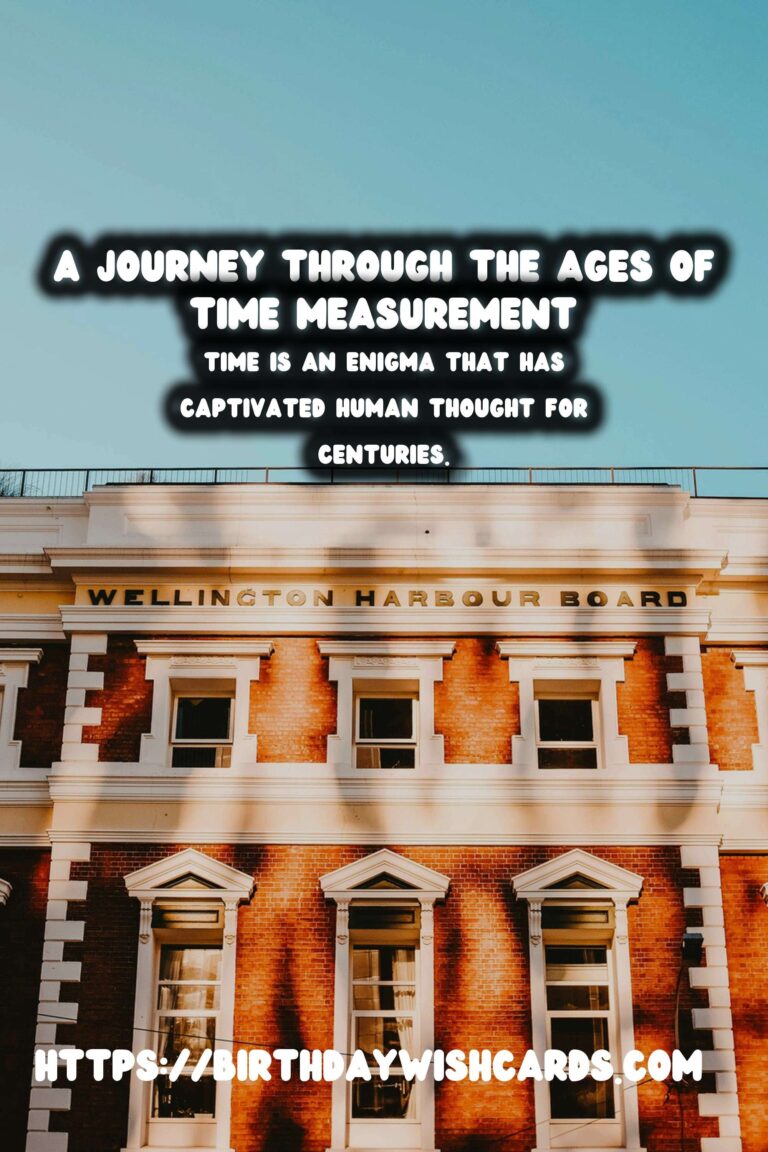
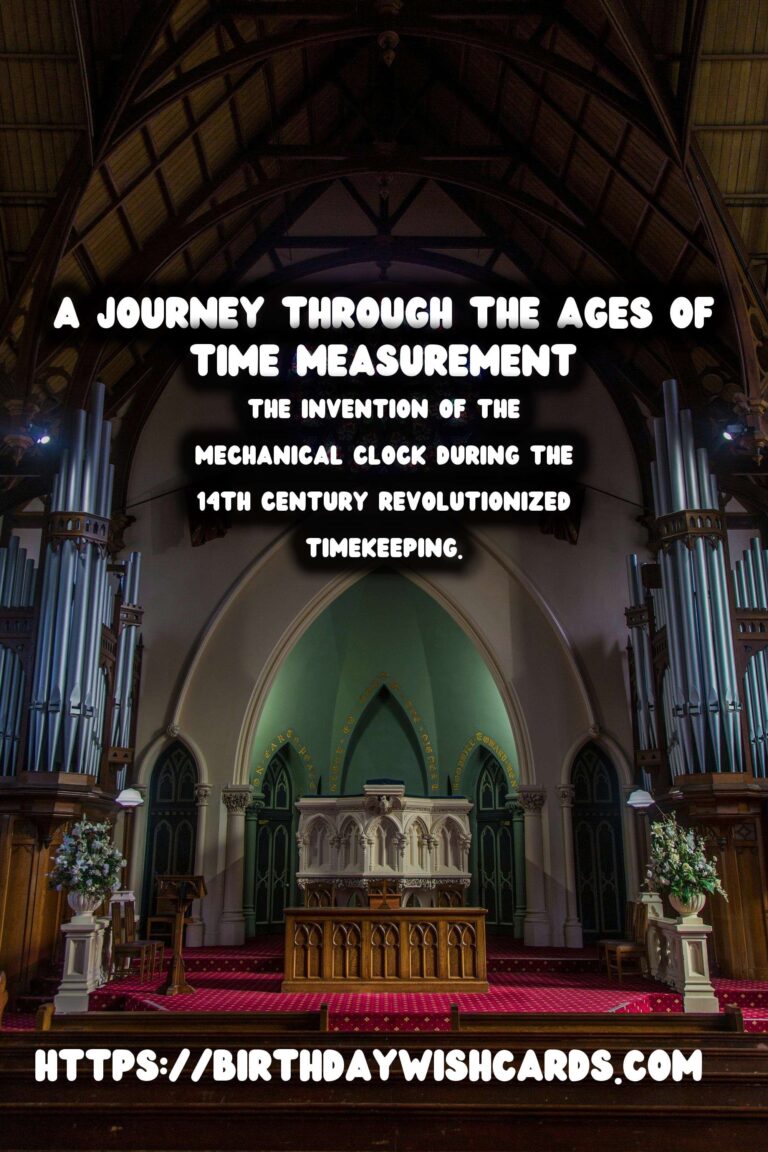
#TimeHistory #PhilosophyOfTime




